




Many people use vinegar as a natural cleaning agent due to its acidic properties. It’s commonly used to clean windows, remove stains, and even freshen up laundry. But can vinegar actually bleach clothes? Let’s find out!
Vinegar is not a typical bleaching agent like chlorine bleach or hydrogen peroxide. Bleaching agents work by breaking down the color pigments in fabric, which can result in the removal of stains or even the lightening of the entire garment. Vinegar, on the other hand, works as a natural fabric softener and can help remove residue from detergent, which may make clothes appear brighter.
However, vinegar does have some mild bleaching properties. Its acidic nature can help remove certain types of stains, such as coffee or tea, by breaking down the color molecules. It’s important to note that vinegar may not be as effective as chemical bleach when it comes to removing tough stains or heavily soiled clothes.
While vinegar may have some mild bleaching properties, it’s generally not recommended as a substitute for a dedicated bleaching agent. It’s best to use vinegar as a natural fabric softener or as a pre-treatment for stains, rather than relying on it solely for bleaching clothes. Always check the care label of your garment and follow the instructions for the best results.
Remember, vinegar can cause colors to fade or even change, especially on delicate or brightly colored fabrics. It’s always a good idea to test a small, inconspicuous area of the garment before using vinegar on the entire item. When in doubt, consult a professional cleaner for advice.
Understanding Vinegar as a Cleaning Agent
Vinegar, a common household ingredient, has many versatile uses, including its role as a cleaning agent. It is a natural, non-toxic, and inexpensive alternative to commercial cleaning products. Here are some key points to understand about vinegar as a cleaning agent:
1. Acidity:
Vinegar is acidic, typically with a pH level of around 2. This acidity helps to break down stains, dirt, and grime, making it an effective cleaner. It can dissolve mineral deposits and remove grease and soap scum.
2. Disinfectant Properties:
Vinegar has mild disinfectant properties due to its acidic nature. It can kill certain types of bacteria and viruses. However, it is not as potent as commercial disinfectants, and it may not be as effective against certain pathogens.
3. Odor Removal:
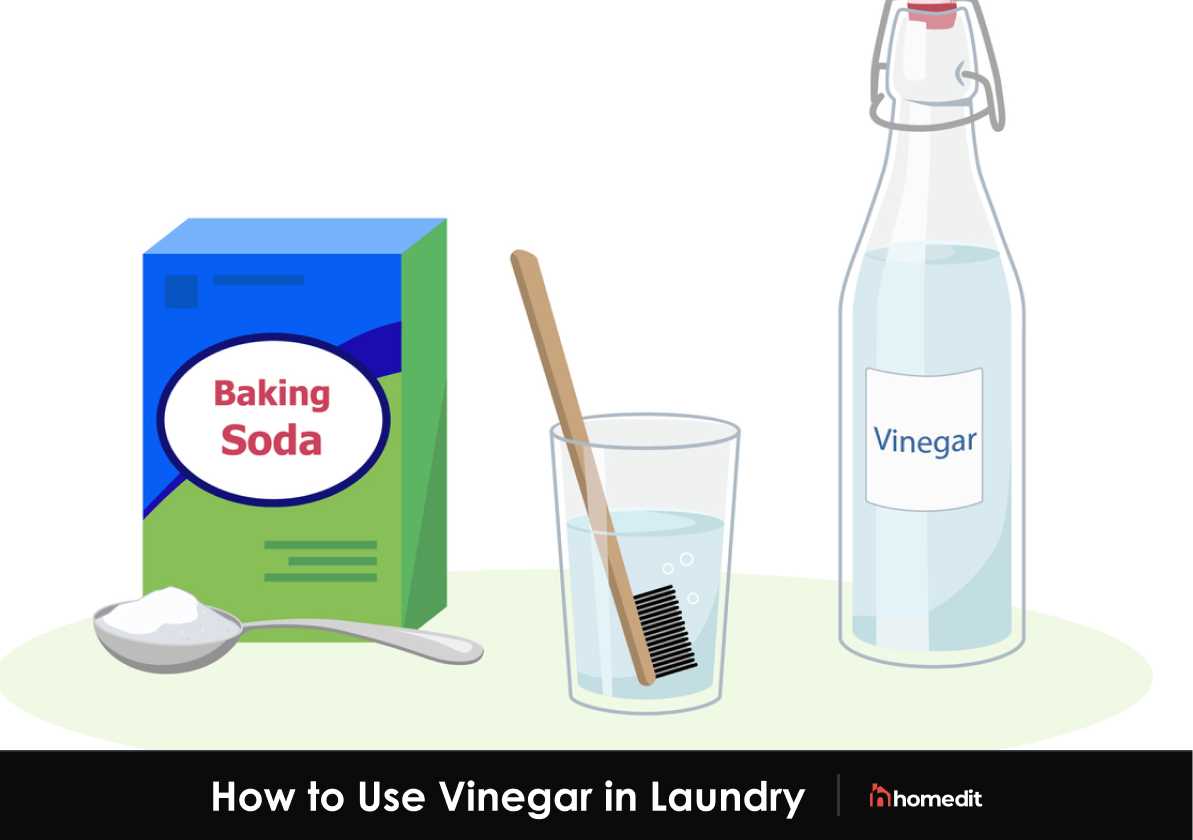
Vinegar is often used as a natural deodorizer. It can help neutralize unpleasant odors, such as those from cooking, pets, or mildew. However, the odor of vinegar itself may linger temporarily before dissipating.
4. Versatility:
Vinegar can be used on various surfaces, including countertops, floors, glass, porcelain, and stainless steel. It can also be used to clean fabrics, remove stains, and freshen laundry. However, it is important to note that vinegar may not be suitable for all materials, such as certain types of stone or delicate fabrics.
5. Safety Precautions:
While vinegar is generally safe to use, there are a few precautions to keep in mind. It is advisable to do a patch test on a small, inconspicuous area before using vinegar on a surface. Additionally, vinegar should not be mixed with bleach or hydrogen peroxide, as it can create harmful fumes. It is always important to follow proper usage instructions and safety guidelines.
In conclusion, vinegar is a versatile cleaning agent with various uses around the house. It can effectively tackle stains, remove odors, and disinfect to some extent. However, it is essential to understand its limitations and use it safely and appropriately for best results.
The science behind vinegar’s cleaning properties and its impact on fabrics
Vinegar is a versatile household ingredient that has been used for centuries for various cleaning purposes. Its acidic nature gives it the ability to cut through grease, remove stains, and eliminate odors. However, when it comes to using vinegar on fabrics, there are a few things to keep in mind.
The chemistry of vinegar
Vinegar is primarily composed of acetic acid, which is a weak acid. This acid has the ability to break down substances such as grease and dirt. When vinegar comes into contact with these substances, it reacts and forms molecules called acetate ions. These ions have the ability to bind to dirt particles, making them easier to remove during the washing process.
However, it is important to note that vinegar is not a bleach. It does not have the ability to remove color from fabrics like bleach does. Instead, vinegar helps to lift stains and brighten colors by breaking down residues left behind by detergents and other cleaning products.
Effect on fabrics
When used correctly, vinegar can be a safe and effective way to clean fabrics. However, it is important to consider the type of fabric and the specific stain or issue you are trying to address.
Vinegar is particularly effective at removing odors from fabrics, such as mildew or sweat smells. It can also help to brighten and restore colors by removing detergent residue. However, vinegar should be used with caution on delicate fabrics or fabrics that are prone to color fading, such as silk or wool. It is always recommended to test the vinegar on a small, inconspicuous area of the fabric before applying it to the entire garment.
It is also worth noting that vinegar should not be used as a substitute for regular laundry detergent. While it can help to enhance the cleaning power of detergent, it is not a standalone cleaning agent.
Conclusion
Vinegar is a powerful cleaning agent that can be used on fabrics to remove stains, brighten colors, and eliminate odors. Its acidic nature allows it to break down substances and bind to dirt particles. However, it is important to use vinegar carefully, especially on delicate fabrics, and to test it on a small area before applying it to the entire garment. With proper caution and consideration, vinegar can be a valuable tool in your laundry routine.
Common Myths about Vinegar and Bleaching
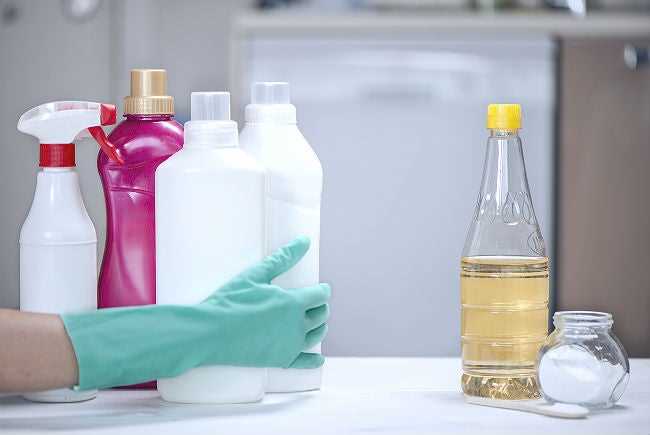
- Myth #1: Vinegar can be used as a substitute for bleach on clothes.
Vinegar is often mentioned as a natural alternative to bleach for brightening and whitening clothes. However, it is important to note that vinegar does not have the same bleaching properties as chlorine bleach. While vinegar can help remove certain stains and odors, it cannot bleach clothes in the same way bleach can.
- Myth #2: Vinegar can remove all types of stains.
Vinegar is known for its cleaning properties and is often used as a household cleaner. However, it does not have the ability to remove all types of stains. While it may be effective against certain types of stains, such as coffee or wine, it may not work as well on grease or oil stains. It is always best to use the appropriate stain remover for the type of stain you are dealing with.
- Myth #3: Vinegar can be safely used on all types of fabric.
While vinegar is generally safe to use on most fabrics, it is important to use caution when using it on delicate or sensitive materials. Some fabrics, such as silk or wool, may be damaged by the acid in vinegar. It is always recommended to test a small, inconspicuous area of the fabric before using vinegar on the entire garment.
- Myth #4: Vinegar can eliminate all odors from clothes.
Vinegar is often touted as a natural odor eliminator and is commonly used to remove odors from clothes. While it may be effective against certain odors, such as sweat or mildew, it may not completely eliminate all types of odors. In some cases, a stronger odor eliminator may be necessary.
In conclusion, while vinegar may have some cleaning properties and can be useful in certain situations, it is not a substitute for bleach when it comes to bleaching clothes. It is always best to follow the care instructions on your clothing and use the appropriate products for stain removal and odor elimination.
Debunking misconceptions surrounding vinegar’s ability to bleach clothes
The myth:
There is a common misconception that vinegar can bleach clothes, leading many people to believe that it can be used as a substitute for traditional bleach when doing laundry. This misconception has been perpetuated through word-of-mouth and misinformation found on the internet.
The truth:
Vinegar does not have the ability to bleach clothes in the same way that traditional bleach does. Although vinegar has some mild cleaning and stain-removing properties, it is not a true bleach. The acid in vinegar can help to break down certain stains and odors, but it is not strong enough to remove tough stains or whiten fabrics in the same way bleach can.
The science behind it:
Traditional bleach, such as chlorine bleach, relies on powerful chemicals to break down and remove stains and whiten fabrics. These chemicals are capable of removing pigments and altering the color of fabrics. Vinegar, on the other hand, is an acid and has a more limited ability to break down and remove stains.
Practical considerations:
When using vinegar on clothes, it is important to keep in mind that it might not be effective in removing certain stains and may not significantly whiten fabrics. Vinegar can be used as a natural fabric softener, deodorizer, and can help to remove mildew and prevent color fading, but it is not a reliable substitute for bleach when it comes to tough stains or whitening clothes.
Conclusion:
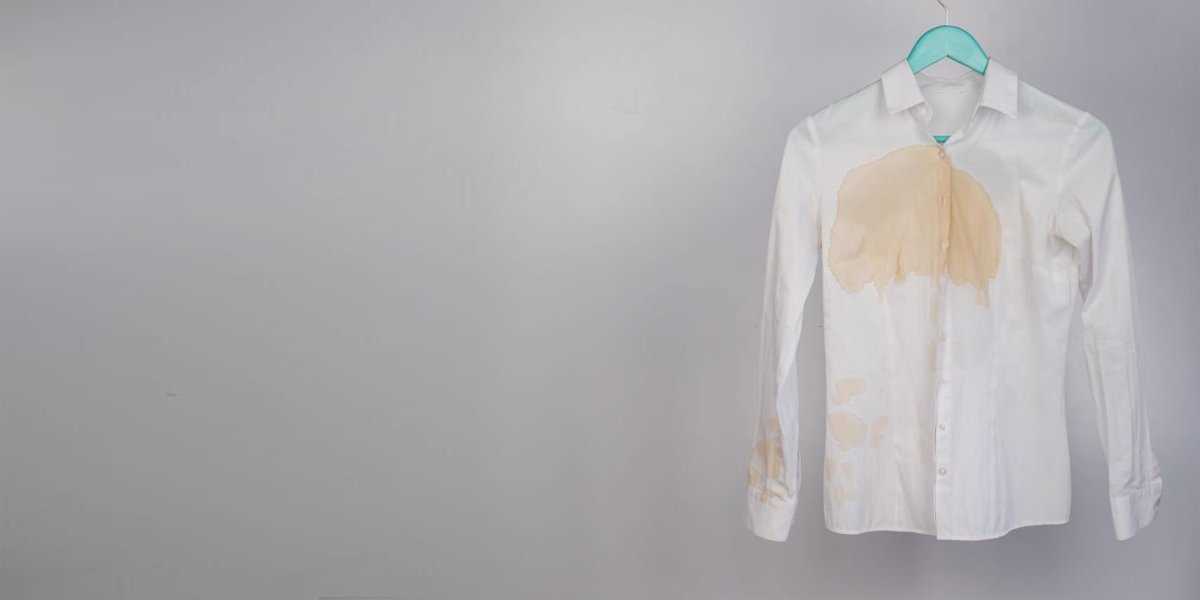
While vinegar has many useful cleaning properties, it is important to understand its limitations when it comes to bleaching clothes. For tough stains or whitening purposes, it is best to use traditional bleach or other stain removing products specifically designed for that purpose. Vinegar can be a great addition to your laundry routine, but it should not be relied upon as a substitute for bleach.
The Truth about Vinegar’s Effect on Clothes
Many people wonder whether vinegar can be used as a bleach alternative when it comes to cleaning clothes. Vinegar is a popular household ingredient with various cleaning properties, but is it effective at brightening and whitening clothes? Let’s find out the truth.
Does Vinegar Bleach Clothes?
No, vinegar does not bleach clothes in the same way that chlorine bleach does. While vinegar has certain cleaning properties, it does not contain the chemicals necessary to remove stains and whiten clothes.
What Can Vinegar Do for Clothes?
Vinegar can be a useful addition to your laundry routine in various ways:
- Odor Removal: Vinegar can help eliminate foul odors from clothes. Simply add a cup of vinegar to the washing machine during the rinse cycle to freshen up your garments.
- Softening: Vinegar acts as a natural fabric softener, making your clothes feel softer and more comfortable to wear.
- Color Brightening: Although vinegar does not bleach clothes, it can help restore colors by removing detergent residue that dulls the fabric.
How to Use Vinegar for Laundry
If you want to incorporate vinegar into your laundry routine, follow these tips:
- For odor removal, add a cup of white vinegar to the rinse cycle.
- To freshen up towels, soak them in a mixture of water and vinegar before washing them as usual.
- For mildew or moldy clothes, soak them in a solution of water and vinegar before washing.
- To prevent colors from fading, add half a cup of vinegar to the washing machine along with your detergent.
It’s worth mentioning that vinegar should not be used on delicate fabrics such as silk or wool. Always check the care instructions on your clothing labels before using vinegar as a laundry aid.
In Conclusion
Vinegar is not a bleach alternative and does not have the same whitening and stain-removing properties. However, it can be useful for odor removal, softening clothes, and brightening colors. Incorporate vinegar into your laundry routine, but remember to use it with caution and avoid using it on delicate fabrics.
Examining vinegar’s actual impact on different types of fabrics
Cotton
Vinegar does not bleach cotton fabric, but it can help to remove stains and brighten the colors. Adding vinegar to the laundry cycle can improve the effectiveness of detergent, leading to cleaner and fresher cotton clothes. However, it is important to dilute the vinegar with water, as undiluted vinegar can potentially damage the fabric.
Wool
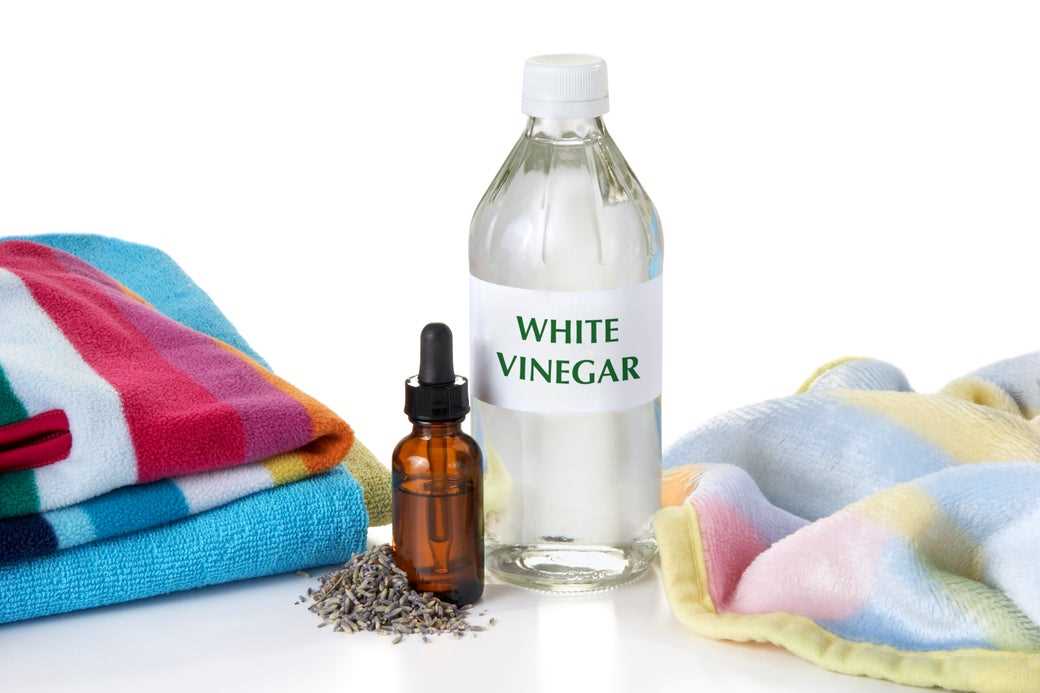
Vinegar is generally safe to use on wool fabric, as it does not bleach or discolor it. However, it is recommended to spot treat stains with a mixture of vinegar and water and then gently hand wash the garment. It is important to avoid using hot water or scrubbing too vigorously, as this can damage the wool fibers.
Silk
Vinegar should not be used on silk fabric, as it can potentially damage the delicate fibers and cause discoloration. Silk garments should be dry cleaned or hand-washed with a gentle detergent specifically designed for silk. Vinegar is not recommended for use on silk.
Synthetic fabrics
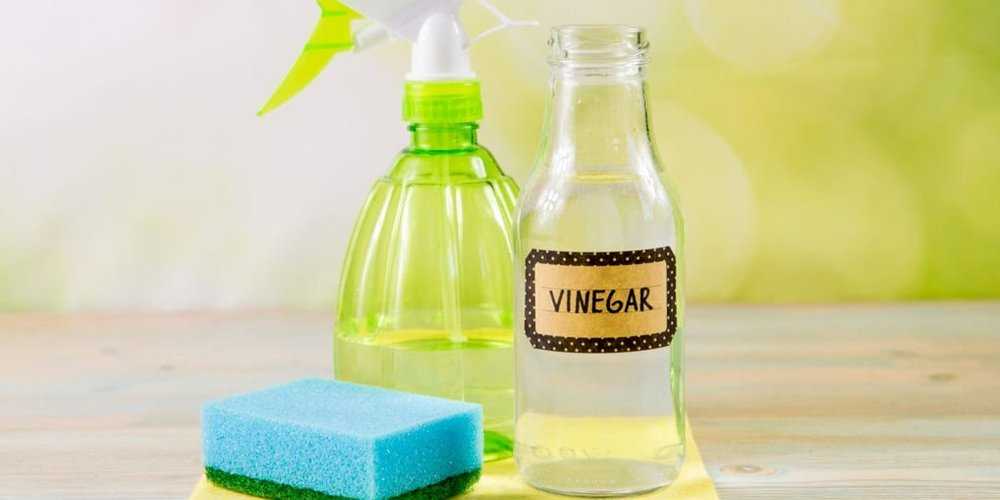
Vinegar can be used on some synthetic fabrics, such as polyester and nylon, to remove stains and odors. However, it is always recommended to spot test a small, inconspicuous area of the fabric before applying vinegar to the entire garment. Diluting the vinegar with water is also important to avoid any potential damage to the fabric.
Conclusion
While vinegar is not a bleach, it can be a useful tool for stain removal and fabric maintenance. However, it is essential to use vinegar properly and in the right circumstances to avoid any potential damage to different types of fabrics.
Alternative Uses of Vinegar for Laundry
- Vinegar can be used as a natural fabric softener. Simply add a cup of white vinegar to the rinse cycle of your washing machine. Vinegar helps to remove any residue left on the clothing from laundry detergent, leaving your clothes feeling soft and fresh.
- If you have stubborn stains on your clothes, vinegar can be used as a pre-treatment. Mix equal parts of vinegar and water and apply the mixture directly to the stain. Let it sit for a few minutes before laundering as usual. The acidic properties of vinegar help to break down and lift stains.
- Vinegar can also help to remove odors from your clothes. Add half a cup of vinegar to the wash cycle along with your regular laundry detergent. The vinegar will help to neutralize any unpleasant smells, leaving your clothes smelling clean and fresh.
- If you have clothes that have turned yellow or have a buildup of soap residue, vinegar can help to restore their brightness. Add a cup of vinegar to a large pot of water and bring it to a boil. Turn off the heat and add the clothes to the pot. Let them soak for an hour before laundering as usual.
- For white clothes that have become dingy or yellowed, vinegar can act as a whitening agent. Add half a cup of vinegar to the wash cycle along with your regular laundry detergent. The vinegar will help to brighten the whites and remove any discoloration.
Vinegar is a versatile and natural alternative to many laundry products. It is effective at softening fabrics, removing stains and odors, and restoring brightness to clothes. Plus, it is an affordable and eco-friendly option for your laundry routine.
FAQ
Can vinegar bleach clothes?
Vinegar itself does not have bleaching properties and cannot effectively bleach clothes.
What can vinegar be used for when it comes to clothes?
Vinegar can be used as a natural fabric softener, a stain remover, and a deodorizer for clothes.
How do I use vinegar to remove stains from clothes?
To remove stains from clothes using vinegar, mix equal parts vinegar and water, dab the solution onto the stain, and gently rub the fabric together. Rinse the fabric with cold water afterward.
Is it safe to use vinegar on all types of fabrics?
Vinegar is generally safe to use on most types of fabrics, but it’s always a good idea to test it on a small, inconspicuous area of the fabric first to ensure there is no adverse reaction.
Can vinegar help in removing odors from clothes?
Yes, vinegar can help in removing odors from clothes. Add 1/2 to 1 cup of vinegar to the final rinse cycle or soak heavily odor-affected garments in a solution of vinegar and water before washing.












